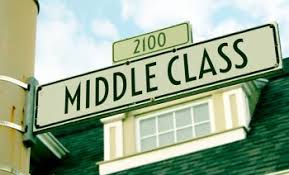
The figures show that the net worth of all American families rose 16 percent from 2013 to 2016. The median is the point at which half are above the figure and half below.
The time frame for the survey represents the recovery period after the 2008 recession. During that time, wealthy Americans saw more economic improvement than those in the middle class and whites saw more positive growth than either African-Americans or Latinos.
Two factors that have contributed to the improvement are the declining levels of unemployment and the recovery of the housing market, which has shown steady growth for the past few years.
The Survey of Consumer Finances still shows significant gaps between the middle class and the wealthy, economic gurus say. The middle tier is taking longer to recover from the recession. Those with wealth contribute more to the 16 percent improvement overall.
African-American families showed more improvement in net worth than did white families, the survey found. Median wealth for an African-American family was $17,600, up 29 percent since 2013. The increase for white families was 17 percent.
But white families enjoyed median wealth 10 times greater than for the African-Americans at $171,000. The white families also had median wealth eight times greater than Latinos. The median incomes for middle-class whites rose only 6 percent, but still easily outstripped the medians for other ethnic groups.
Median wealth for the richest 10 percent of the overall population rose by 40 percent, the survey showed, to $1.63 million, a disparity that would be hard to diminish quickly. That means that nearly 39 percent of all U.S. wealth is now held by 1 percent of the population.
The survey also divided people by where they live. City-dwellers saw median income increase by 10 percent and those outside cities just 2 percent.